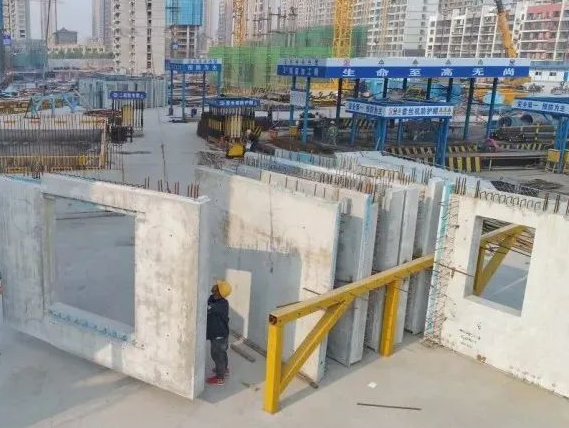The lifespan of cement is only 50 years. What should a house do after its expiration? Expert Dao Po Zhen Jing
Without the influence of external factors, the lifespan of concrete is the same as that of the Earth; If we consider the application of cement in buildings not appearing alone, but in the form of mixed materials such as mortar and concrete, simply stating the durability of cement under sunlight is not rigorous.
From an empirical perspective, natural wind erosion takes a long time before human destruction, rather than 70 years of weather conditions.
Click below for more exciting moments
.
In addition to the quality of the building, the effective combination of cement with water and steel effectively combines with the hardness of the stone.
After the land use right expires, the current practice is to continue using it.
For a 70 year property, the 70 year property ownership actually refers to the lease term of the national land purchased by the developer.
However, if the ratio is accurate and there is no human damage, then cement mortar can exist for a long time and can be stored for more than 70 years without any problem.
It does not mean that the lifespan of a house is 50 years.
So generally, when designing, the lifespan should be much greater than 50 years.
Double Head Lifting Pin Anchor
Moreover, it should be noted that although the house is personal property, the land is the right to use it obtained by paying the land transfer fee to the state.
Under normal usage conditions, there is no problem in theory for 50 years, as there may be unpredictable natural factors and disasters.
This use is not only affected by sunlight, but also by temperature, rainwater, wind, and microorganisms.
It is meaningless to simply talk about the lifespan of concrete without environmental factors.
Excluding the time occupied by development and construction, the use time in the hands of the public is less than 70 years.
Taking into account the overall economic benefits of the building, as long as there are no abnormal factors such as earthquakes and extreme weather (acid rain), 50 years is not a problem.
Because houses are not entirely made of cement, cement is only a building material used for building houses.
There is currently no unified regulation on whether to pay land use fees or land transfer fees.
The lifespan of a house we usually refer to is the design lifespan, not the actual service life of the house, but rather the consideration of various wind, rain, and local geological conditions at the beginning of the design.
Cement appears in the form of mortar in buildings, mainly in masonry mortar and exterior wall plastering.
Click on the blue characters above to follow for free! The lifespan of cement is 50 years, which refers to the lifespan of cement as a material under various complex environments.
